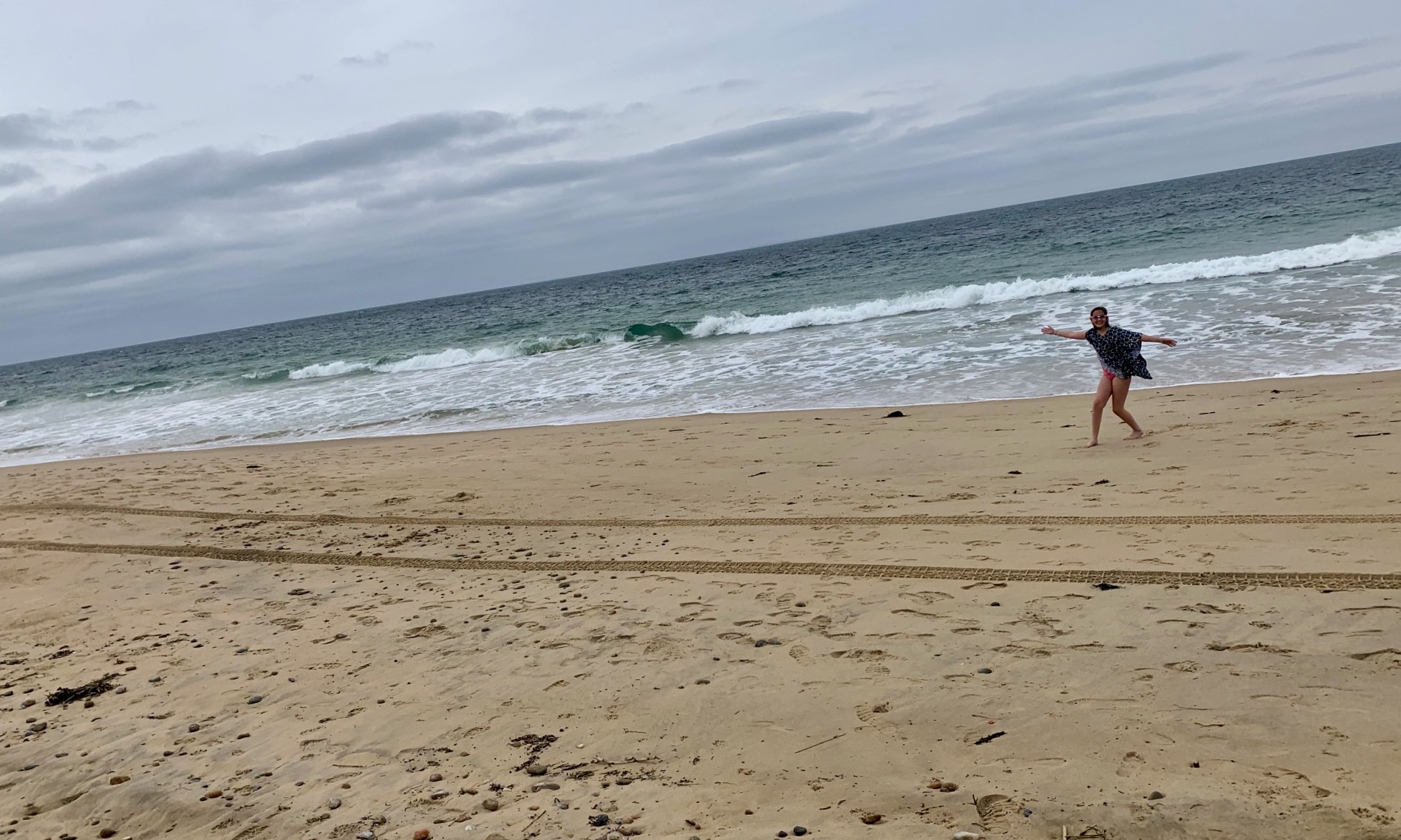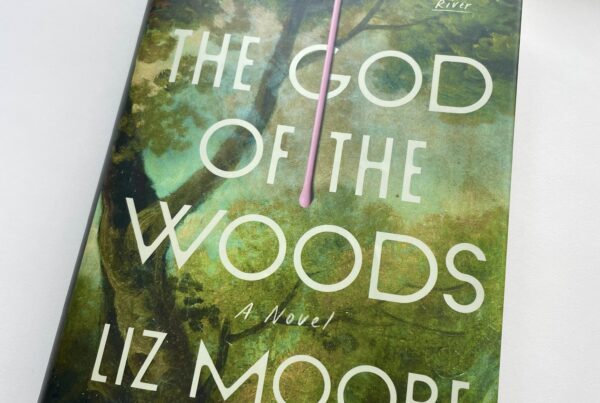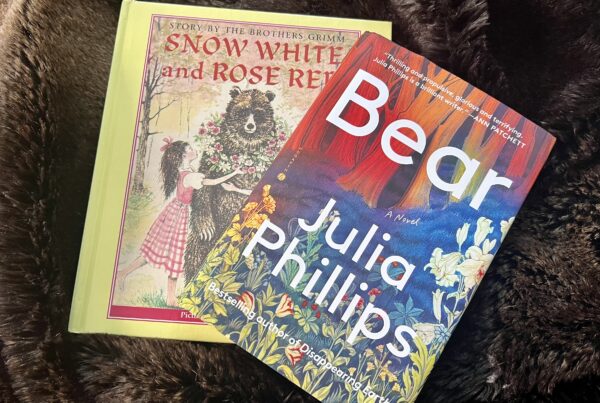Lately, it feels like all kinds of why questions are being posed. Why do pants have waistbands? Why do we accept long commutes? Why do we devote so much of our lives to screen time? Why are we collectively languishing, and how do we stop? In a time when we are scrutinizing our culture, a book that aims to answer any question in a meaningful way feels like a balm. Why We Swim by Bonnie Tsui does so much more than analyze the function of swimming. It reminds us of why we read and what it means to be human.
Towards the end of this wonderful book, Tsui reflects on the meaning that she finds in swimming:
I have written about survival, well-being, community, competition, and flow as separate streams of reasoning. But in truth, they all run together. A swim can take different forms, different moods, and different functions, depending on the time of day, the time of year, or the time of life. It can cast light, or filter it, or block it altogether. It can be energizing or enervating. It can pull me to a place of comfort or push me to a place of fear. It can remind me, through ritual, or help me forget, through flow.
These deep insights are reached through fabulous stories. There is the harrowing one about the Icelandic fisherman who swims ashore through the forty-one degree North Atlantic and the community’s annual celebration of his survival. There is the inspiring one about a woman in San Francisco who endured a fall that damaged the nerves in her leg so badly that doctors predicted she would never walk again. There is the glorious one about Tsui’s swim across a lake with her new husband just after their wedding. There is the fascinating one about Japanese underwater martial arts.
With elements of memoir, historical exploration, and outstanding storytelling, Why We Swim offers a marvelous example of why we read. Especially during a pandemic we read so that our minds can travel to places our bodies cannot (Iceland! Hong Kong! Egypt! Hawaii!). I learned more about the fossil record, brown fat, and morale in Baghdad than I ever expected to in a book about swimming. Reading this book, I felt a connection with people beyond my pandemic bubble. Tsui’s prose reminded me of feelings I hadn’t experienced in a while: awe and curiosity.
There is a kind of sadness that comes at the end of a great book. At the end of Why We Swim, I found myself longing for another chapter, but I encountered some other less wistful and more hopeful feelings as well. To my family’s bafflement, I felt compelled to submerge myself in the ocean when it was 50 degrees and overcast. Thanks to this book, I plunged into frigid water several times — and convinced my skeptical l children to join me. We ran out of the ocean feeling alive and delighted with any opportunity to swim.




